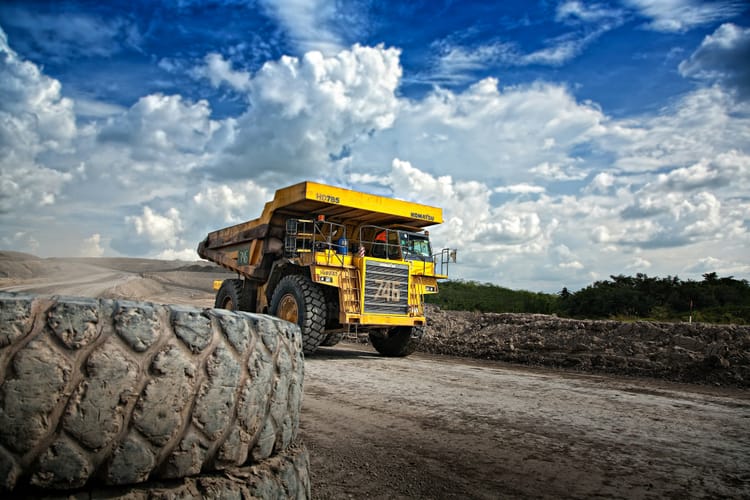Climate action ‘woefully off track’, says new report ahead of COP28

The State of Climate Action 2023 report shows that global progress to meet climate goals is lagging in all areas except electric vehicle sales.
Published just a few weeks before COP28 and the first Global Stocktake of climate efforts since the signing of the Paris Agreement in 2015, the report warns that “continued incremental change is not an option”, as only one of 42 different indicators appears on track to meet 2030 targets.
This fourth instalment of the report translates 1.5°C-aligned targets into specific indicators for 2030 and 2050 for power, buildings, industry, transport, forests and land, and food and agriculture – sectors that account for about 85% of global GHG emissions. Indicators look at various aspects of the net zero transition, including reforestation, share of zero-carbon versus fossil fuel sources in electricity generation, carbon pricing and the greenhouse gas intensity of food and steel.
“The only indicator that we read as being on track is the share of battery electric vehicles and the sale of passenger cars. As these vehicles become cheaper, ranges improve and charging infrastructure is built out, sales reached 10% in 2020, to bring the 2030 target of 75 to 95% of sales well in sight,” said Louise Jeffery of NewClimate Institute.
U-turn needed on fossil fuels
Of the remaining indicators, six need a complete U-turn, including public financing for fossil fuels, which reached a record US$1.4 trillion in G20 countries last year – partly justifying a renewed focus on oil and gas production.
“Something doesn’t stack up. Clean energy markets are bullish; governments everywhere should be getting in on the act. Yet they continue to use public funds and subsidies to hold onto our fossil past. Meeting our climate goals means closing down coal power seven times faster and gas power more than ten times faster than today. It’s absurd to keep investing in more of both. At COP28, governments should agree to a fair and fast phase out of fossil fuels,” said Claire Fyson, one of the report’s lead authors and Co-Head of Climate Analytics’ policy team.
Scrutiny around fossil fuel production is growing as we approach COP28, a UN Climate Change Conference led by an oil tycoon and with record levels of oil and gas representation. Businesses from all sectors are urging a phase-down, even as a third of them still expect to rely on fossil fuels by 2050.
Meanwhile, more than half of the indicators analysed in the report – including deforestation, food and buildings’ carbon intensity, meat consumption, climate finance and carbon removal technology – are going in the right direction, but well off-track in pace and scale.
For example, the share of solar and wind power in electricity generation has increased by 14% annually on average, but this needs to reach 24% to get on track for 2030. And the annual rate of deforestation (equivalent to 15 football fields per minute in 2022) needs to be reduced four times faster over this decade.
Read also: FAO warns of US$2 trillion in damage from agrifood system’s environmental impacts
State of Climate Action: 1.5°C ‘still technically feasible’
A joint effort between the Bezos Earth Fund, Climate Action Tracker (a project of Climate Analytics and NewClimate Institute), ClimateWorks Foundation, the United Nations Climate Change High-Level Champions and World Resources Institute (WRI), the report outlines sector-by-sector targets to limit the temperature rise to 1.5°C – a target the report deemed still achievable, even though the window of opportunity is “narrowing”.
These organisations therefore join the ever-shrinking camp of scientists and policymakers that still believe in the 1.5°C target, while others (including from the UN) are joining Bill Gates in saying we will be lucky to avoid 2.5°C heating. Ahead of COP28, its president, Sultan al-Jaber, has repeatedly reiterated the importance of sticking to the 1.5ºC target – despite being the chief executive of an oil company that recently pledged increased output.
“The good news is history has shown us that transformational change can happen at an exponential nonlinear rate,” said Kelly Levin, Chief of Science, Data and Systems Change at the Bezos Earth Fund. “Just look at how quickly cars and phones and connected computers revolutionised our world. However, sweeping change is not inevitable by any means, and we need to deepen action rapidly and unlock ambition that will sweep across sectors and geographies in the next few years.”
Read also: Flooring firm Interface sustainability leader Lisa Conway on setting 'impossible-sounding ambitions'







Member discussion